Best Photography Studio Equipment
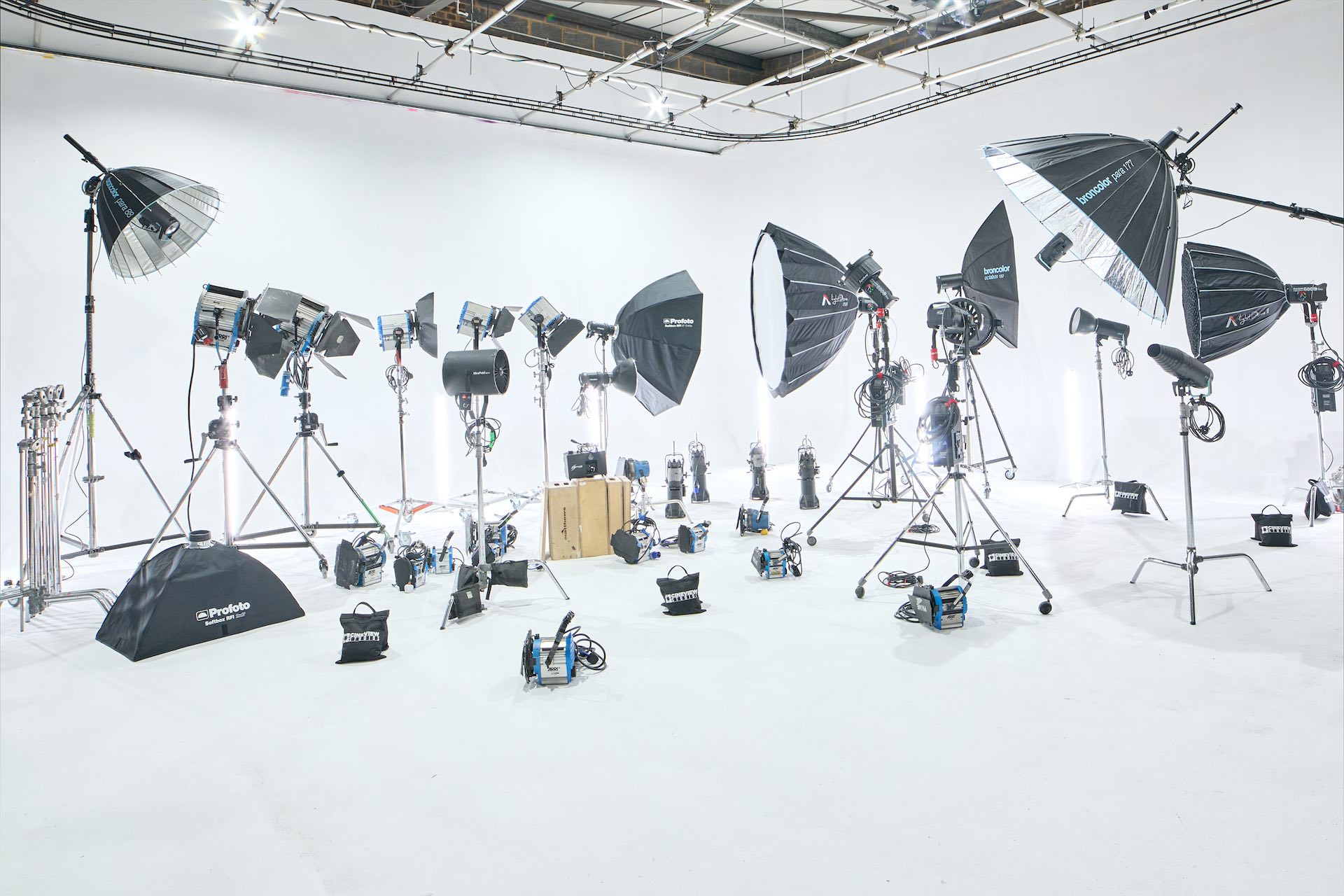
Table of Contents
ToggleBest Photography Studio Equipment
Introduction
Overview of Photography Studio Equipment
Setting up a photography studio involves more than just a camera and a tripod. The right equipment can transform a simple photo into a masterpiece, enhancing the subject’s features and ensuring professional-quality images. This article delves into the essential photography studio equipment needed to create an efficient and high-quality photography studio.

Importance of Quality Equipment in Studio Photography
Quality equipment is paramount in studio photography as it directly impacts the outcome of the images. High-end gear ensures durability, consistency, and the ability to handle various photography styles and client needs. Investing in the best tools can make a significant difference in both the photographer’s workflow and the final product.
Aim of the Article
This article aims to guide photographers, from beginners to professionals, through the essentials of setting up a photography studio. We’ll cover cameras, lenses, lighting, photography backdrops, and more, providing detailed information to help you make informed decisions about your studio setup.
Camera Equipment
Cameras
Selecting the right camera is the first step in building a professional studio.
DSLRs
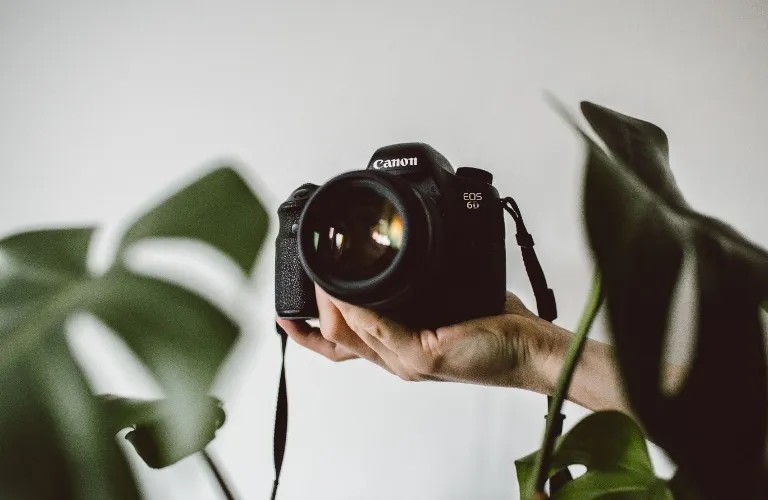
Digital Single-Lens Reflex (DSLR) cameras are known for their versatility, image quality, and extensive lens options. Brands like Canon and Nikon offer robust models suitable for studio work.
Mirrorless Cameras
Mirrorless cameras are gaining popularity due to their compact size and advanced technology. Sony and Fujifilm are leaders in this category, providing excellent image quality and performance.
Lenses
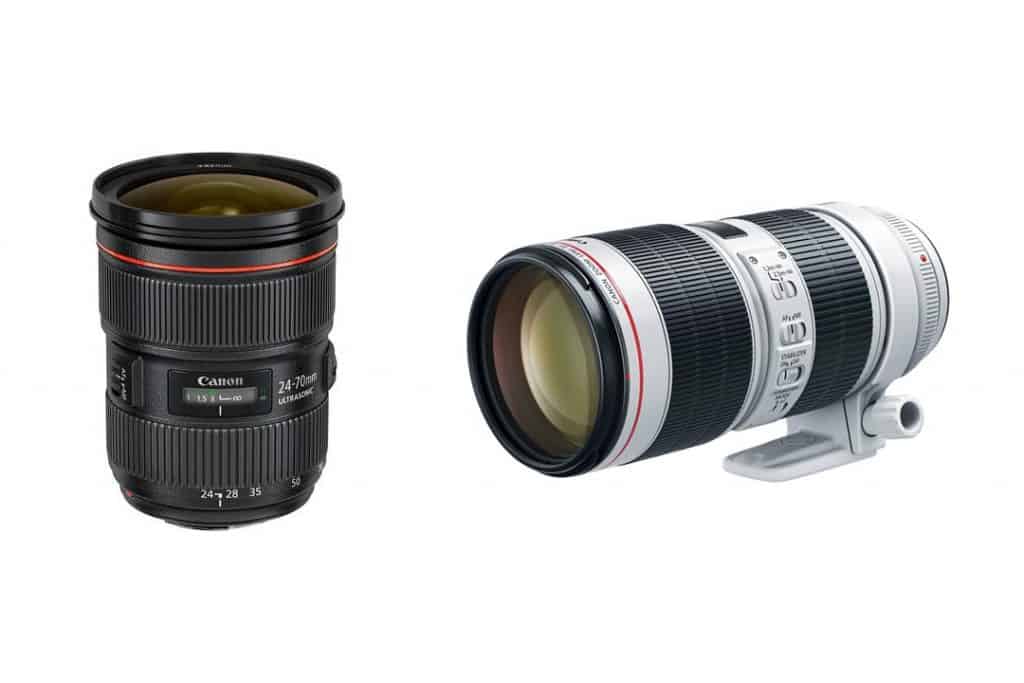
The choice of lens significantly affects the quality and style of your photos.
Prime Lenses
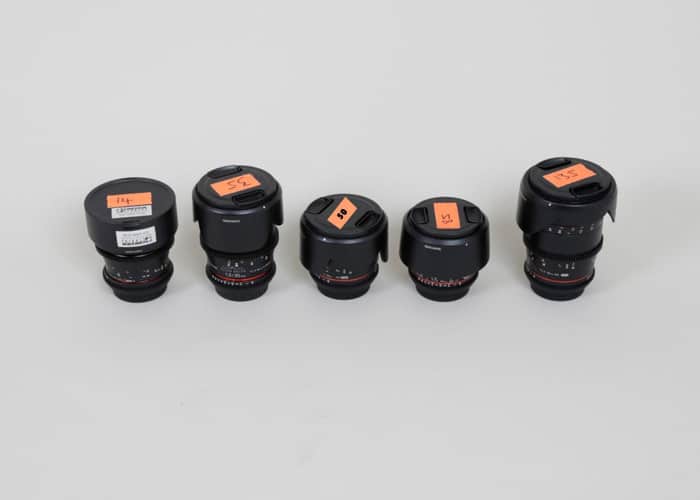
Prime lenses, with fixed focal lengths, are celebrated for their sharpness and low-light performance. Popular options include the 50mm and 85mm lenses, ideal for portrait photography.
Zoom Lenses
Zoom lenses offer flexibility with varying focal lengths, making them suitable for diverse shooting scenarios. A 24-70mm or 70-200mm lens can cover a wide range of studio needs.
Specialty Lenses
Macro lenses for close-up shots and wide-angle lenses for broader scenes add versatility to your studio arsenal, allowing for creative and detailed photography.
Lighting Equipment
Continuous Lighting
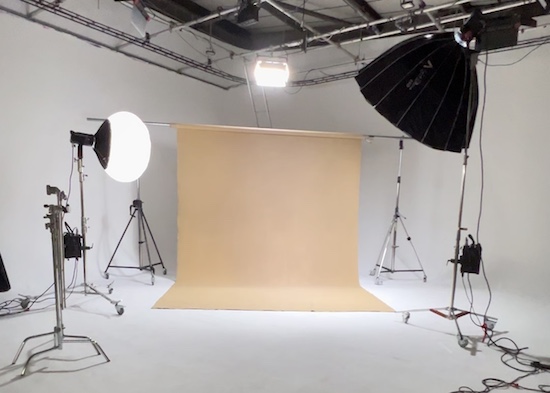
Continuous lighting provides a constant light source, making it easier to see how light and shadows affect your subject in real time.
LED Panels
LED panels are energy-efficient and provide adjustable brightness and colour temperature, suitable for various studio setups.
Fluorescent Lights
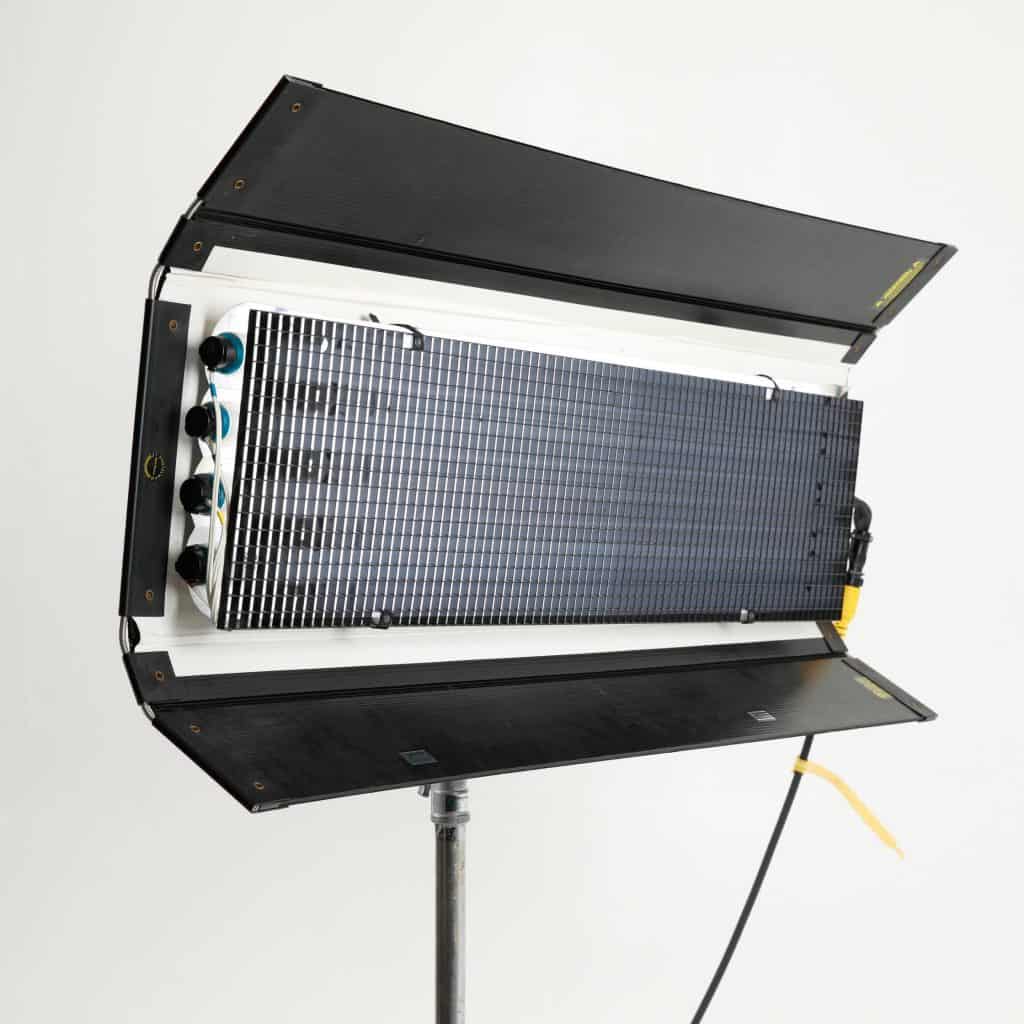
Fluorescent lights offer soft, diffused lighting, ideal for portrait and product photography. They’re also more affordable and generate less heat than other light sources.
Strobe Lighting
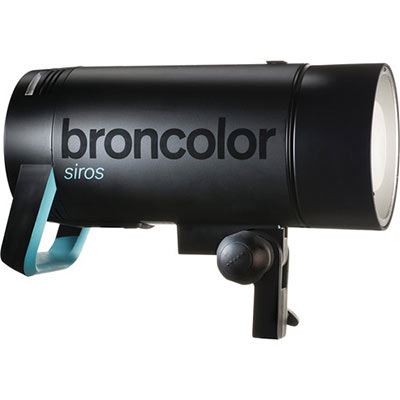
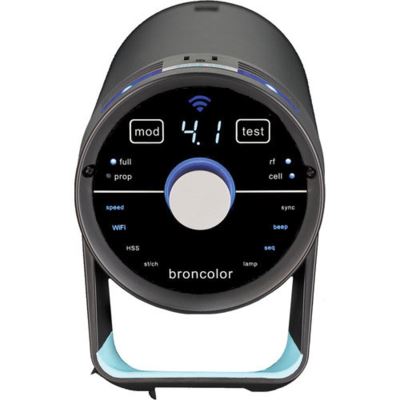
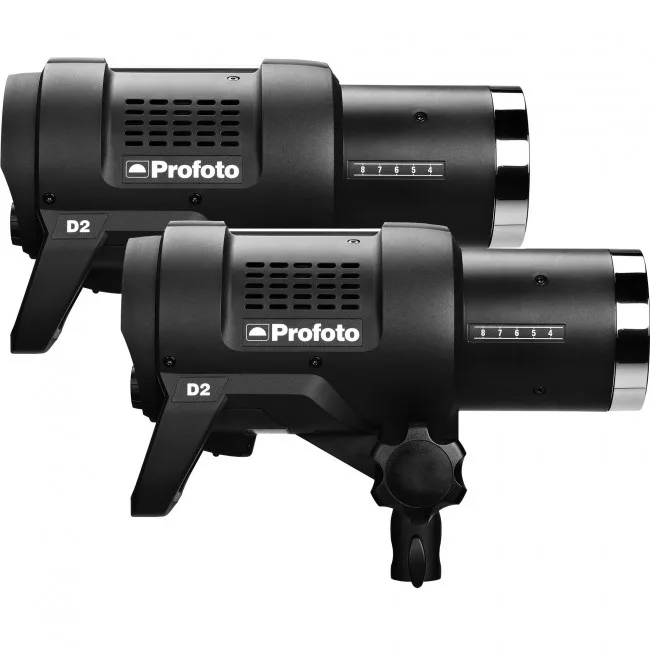
Strobe lighting is essential for freezing motion and achieving high-quality, well-lit images.
Monolights
Monolights are self-contained units that provide powerful, consistent light, commonly used in professional studios.
Pack and Head Systems
Pack and head systems separate the power source from the light head, offering more control and flexibility in light placement and intensity.
Light Modifiers
Light modifiers shape and control the light, creating different effects and moods.
Softboxes
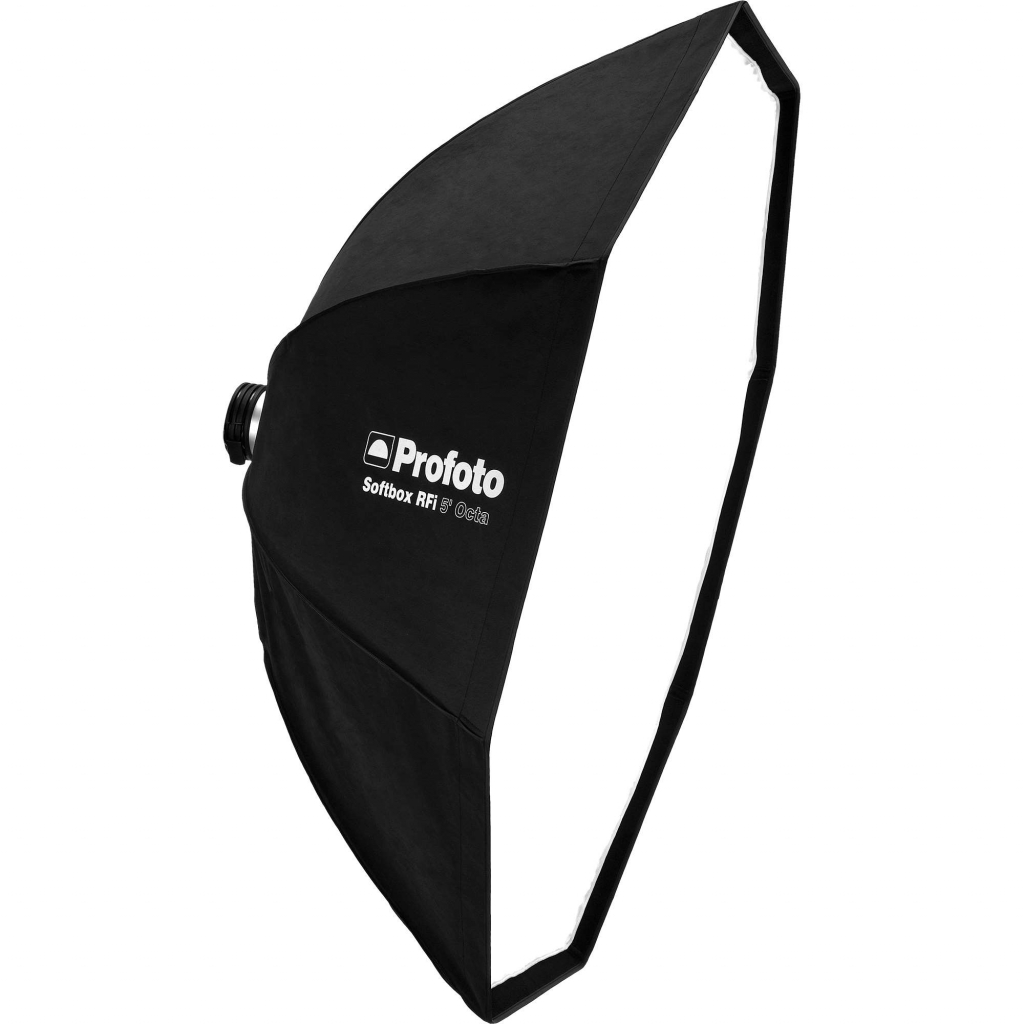
Softboxes diffuse light for a soft, even glow, reducing harsh shadows and creating a flattering light for portraits.
Umbrellas
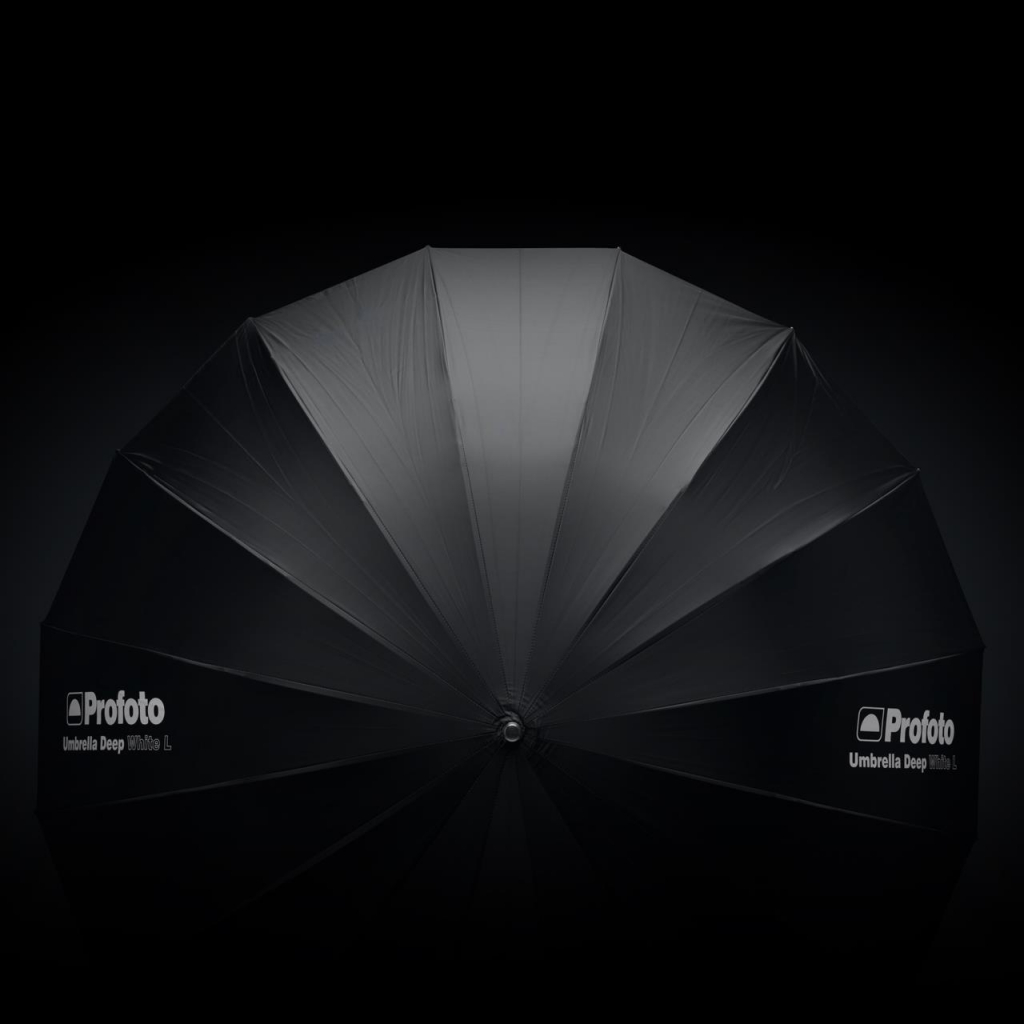
Umbrellas are versatile and portable, available in reflective or shoot-through models to soften or bounce light.
Reflectors
Reflectors bounce light onto your subject, filling in shadows and adding highlights. They come in various colours and sizes to suit different lighting needs.
Backgrounds and Supports
Backdrops
Backdrops set the scene and provide a clean background for your subjects.
Paper Backdrops
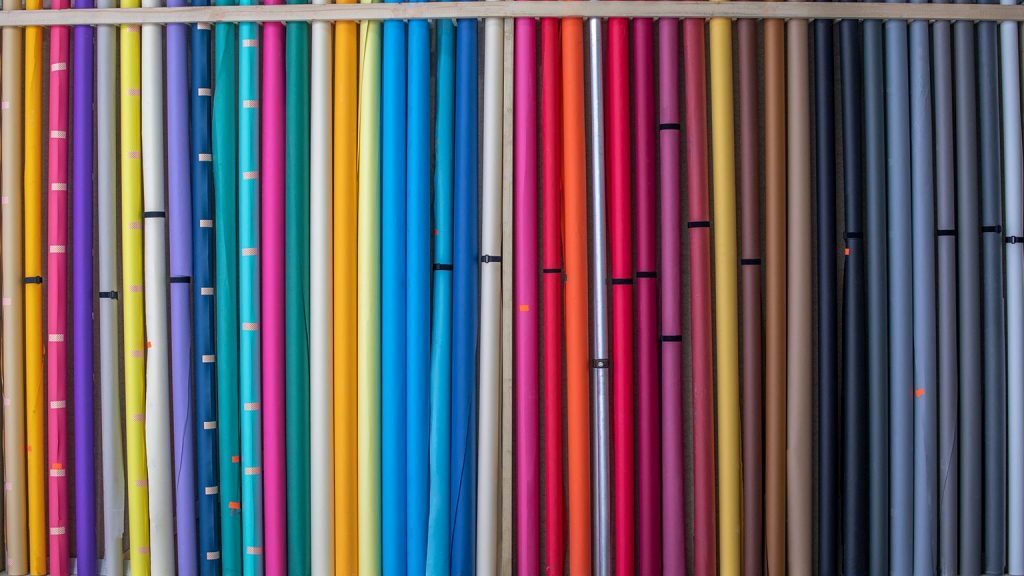
Paper backdrops are available in a variety of colours and textures, providing a seamless look that is easy to change.
Fabric Backdrops
Fabric backdrops offer durability and can be easily washed and reused. They come in various materials like muslin, canvas, and velvet.
Support Systems
Support systems hold your backdrops in place, ensuring stability and ease of use.
Background Stands
Background stands are portable and adjustable, allowing for quick setup and change of backdrops.
Wall Mounts
Wall mounts are a permanent solution for studios, providing a sturdy and space-saving way to hang backdrops.
Props and Accessories
Props
Props add interest and context to your photos, helping to tell a story.
Furniture
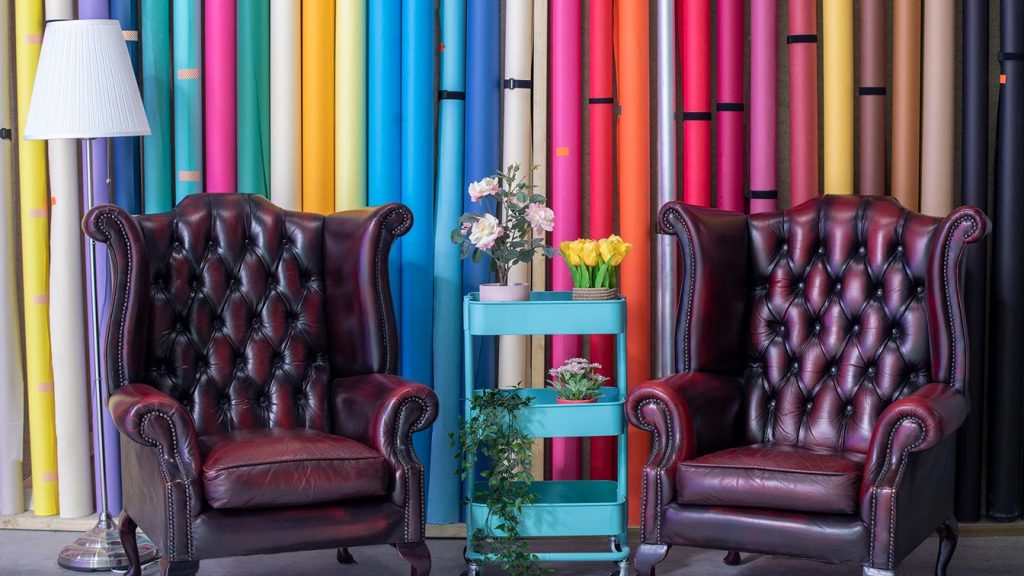
Chairs, stools, and small tables can be used to pose subjects and add depth to your images.
Decorative Items
Decorative items like plants, books, and vintage pieces enhance the visual appeal of your photos and create a more engaging scene.
Accessories
Essential accessories can improve your workflow and image quality.
Light Meters
Light meters measure the amount of light in a scene, helping you achieve the correct exposure.
Colour Checkers
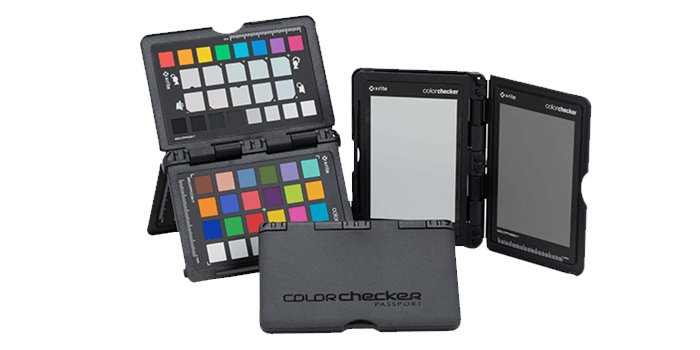
Colour checkers ensure accurate colour representation, crucial for professional-quality images.
Tripods
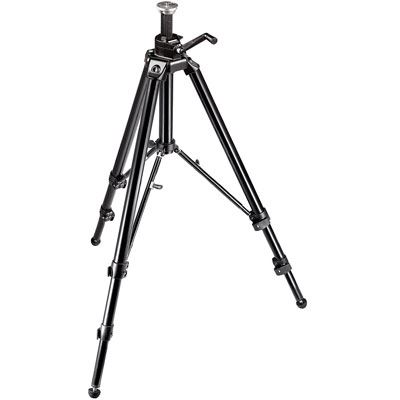
Tripods provide stability for your camera, allowing for long exposures and precise framing.
C-stands
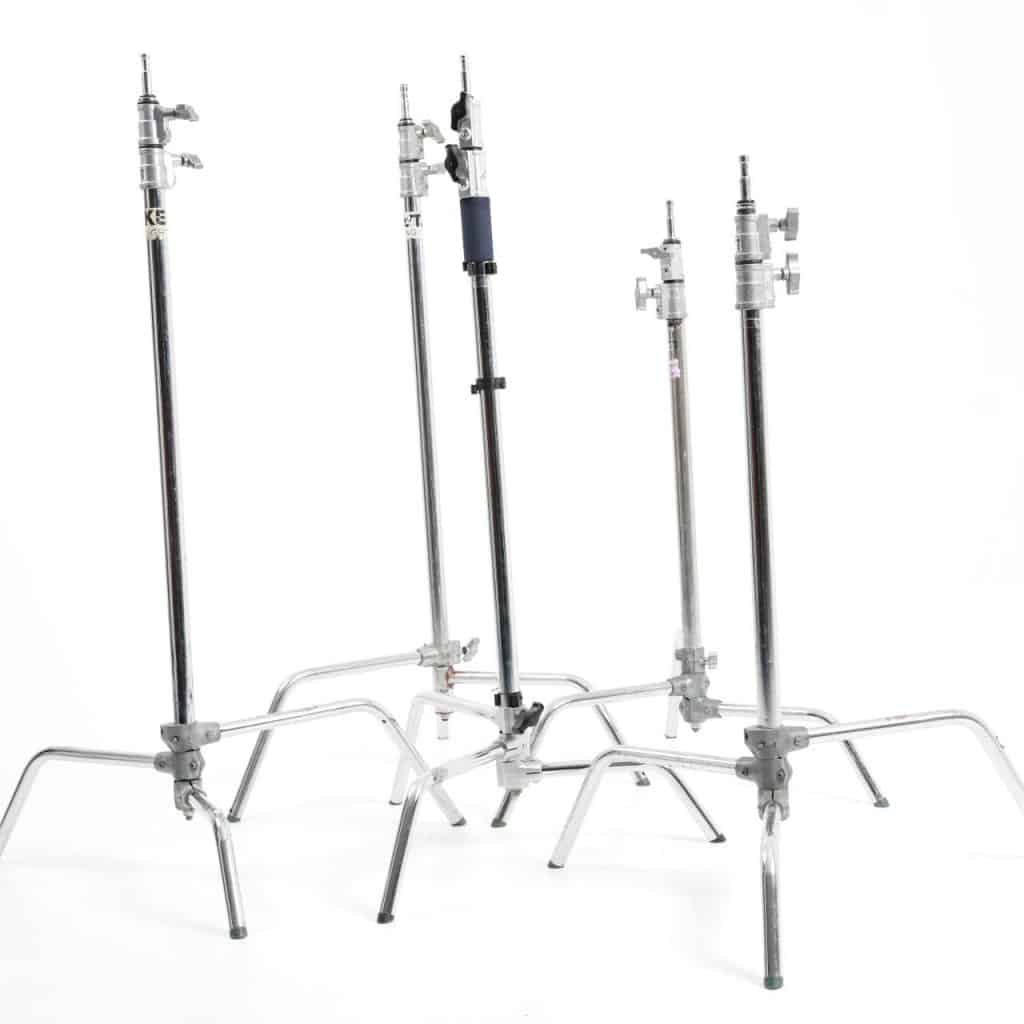
C-stands are versatile supports for lights, reflectors, and other accessories, offering flexibility in positioning.
Boom Arms
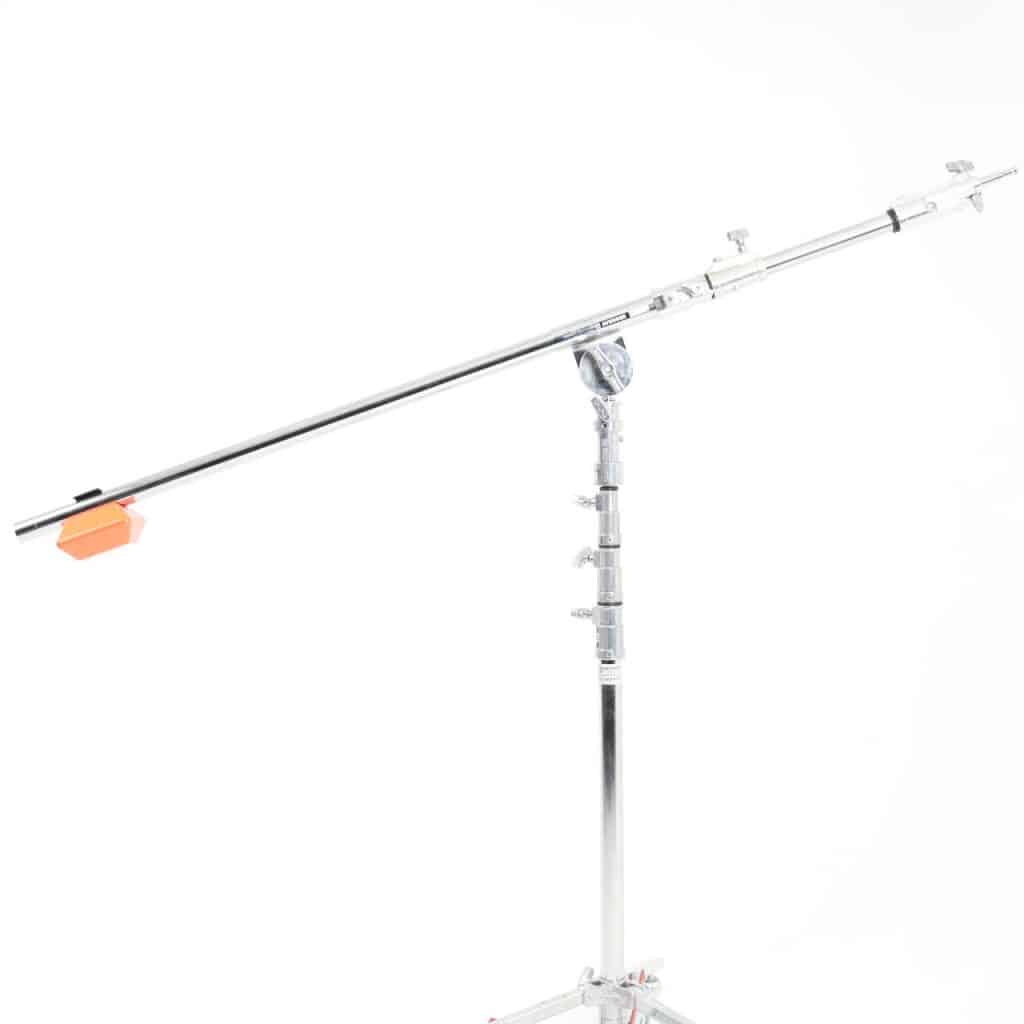
Boom arms extend your lighting setup, enabling creative overhead or side lighting.
Studio Setup and Layout
Space Requirements
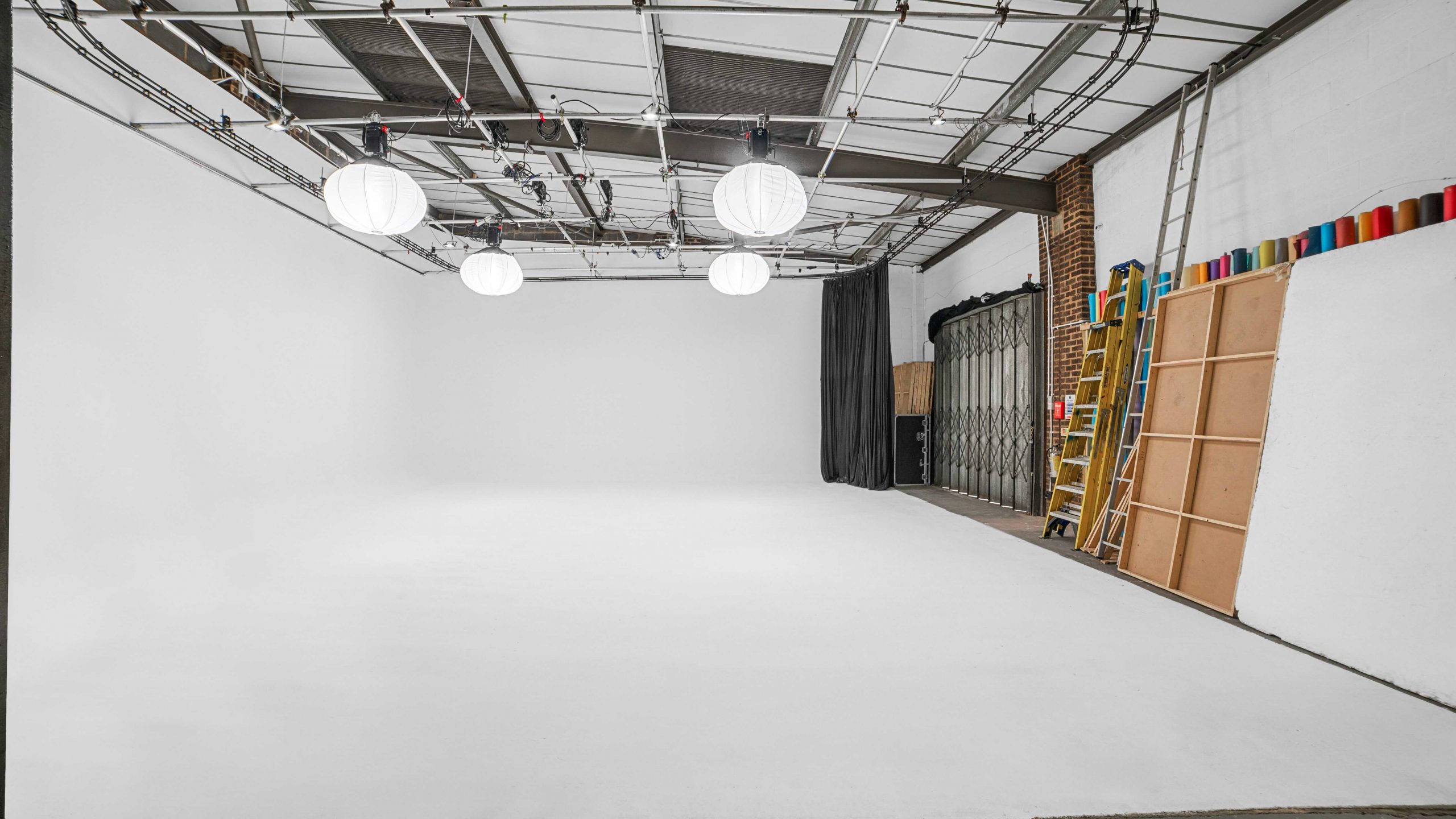
Consider the size of your studio space to accommodate all equipment and allow comfortable movement. An infinity cove makes an average studio into a professional studio.
Acoustic Considerations
Acoustic treatments, like soundproofing and acoustic panels, improve audio quality for video shoots and reduce echo.
Studio Flooring
Durable, non-reflective flooring like vinyl or rubber ensures safety and ease of cleaning.
Storage Solutions
Organize and store equipment efficiently with shelves, cabinets, and cases to keep your studio tidy and accessible.
Organising Equipment
Labeling and categorizing gear helps maintain order and ensures you can quickly find what you need.
Post-Processing Tools
Computers and Monitors
A powerful computer and high-resolution monitor are essential for editing high-quality images efficiently.
Editing Software
Editing software allows you to refine and perfect your images.
Adobe Lightroom
Adobe Lightroom is a popular choice for organizing and editing photos, offering powerful tools and presets.
Adobe Photoshop
Adobe Photoshop provides advanced editing capabilities for detailed retouching and compositing.
Colour Calibration Tools
Colour calibration tools ensure your monitor displays accurate colours, critical for consistent editing.
Storage Solutions
Reliable storage solutions protect your work and provide ample space for your growing portfolio.
External Hard Drives
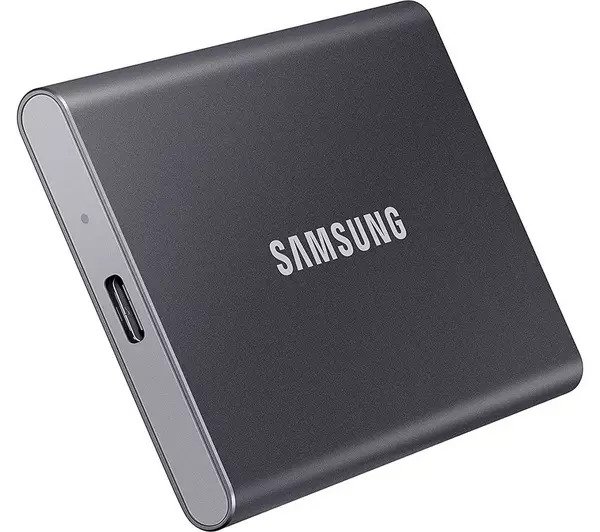
External hard drives offer high-capacity storage and backup options.
Cloud Storage
Cloud storage provides secure, off-site backup and easy access to your files from anywhere.
Maintenance and Care
Cleaning Equipment
Regularly cleaning your camera, lenses, and lighting equipment ensures optimal performance and longevity.
Proper Storage
Store your gear in a dry, dust-free environment to prevent damage and deterioration.
Regular Maintenance
Schedule regular maintenance checks to keep your equipment in top condition and address any issues promptly.
Expert Insights
Advice from Professional Photographers
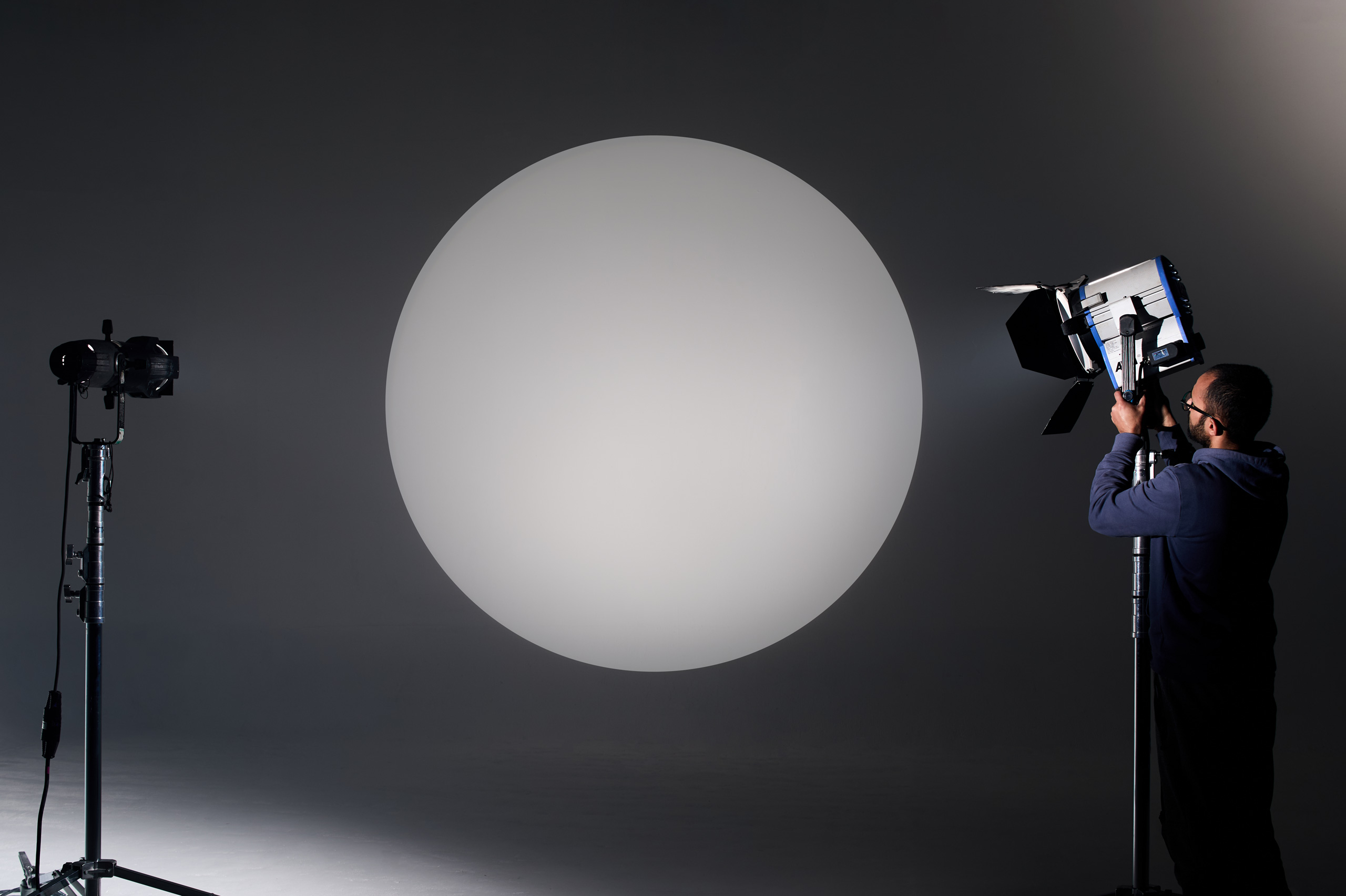
Professional photographers share their tips and recommendations for setting up and maintaining a studio.
Recommended Brands and Products
Explore trusted brands and products favored by experts to enhance your studio setup.
FAQs
What is the essential equipment for a beginner’s photography studio?
For beginners, essential equipment includes a quality camera (DSLR or mirrorless), a versatile lens (such as a 50mm prime), basic lighting (like LED panels), a sturdy tripod, and simple backdrops. Starting with these basics allows you to build and expand your studio as you gain experience.
How do I choose the right lighting for my studio?
Consider the type of photography you’ll be doing
.Continuous lighting is great for beginners and video work, while strobe lighting offers more power and control for professional shoots. Experiment with different light modifiers like softboxes and umbrellas to achieve the desired effect.
What types of lenses are best for studio photography?
Prime lenses like the 50mm and 85mm are excellent for portraits due to their sharpness and wide apertures. Zoom lenses like the 24-70mm provide versatility for various shots, and specialty lenses like macro or wide-angle can add creative options to your toolkit.
How can I create a professional studio setup at home?
Allocate a dedicated space, invest in essential equipment (camera, lighting, backdrops), and organize your gear efficiently. Focus on creating a comfortable and functional layout, and gradually upgrade your equipment as your needs and skills grow.
Conclusion
Summary of Key Points
Setting up a photography studio involves careful selection of cameras, lenses, lighting, and other essential equipment. Proper organisation, maintenance, and post-processing tools are crucial for producing high-quality images.
Final Thoughts on Investing in Studio Equipment
Investing in the right equipment not only enhances the quality of your work but also improves your workflow and client satisfaction. Whether you’re a beginner or a professional, a well-equipped studio is the foundation of successful photography.
One thought on “Best Photography Studio Equipment”